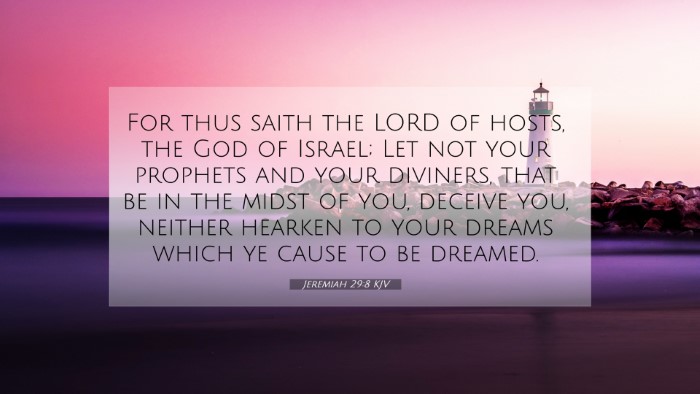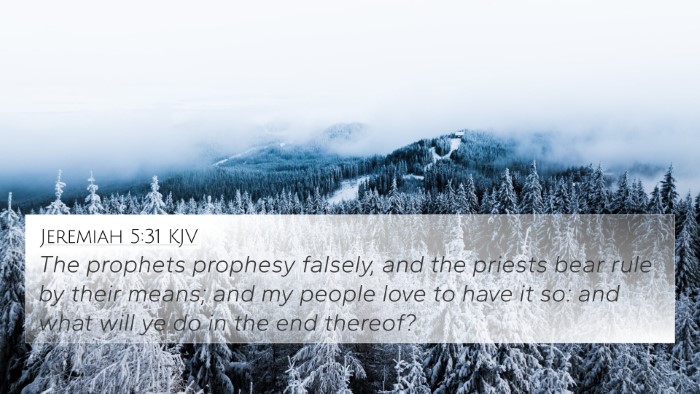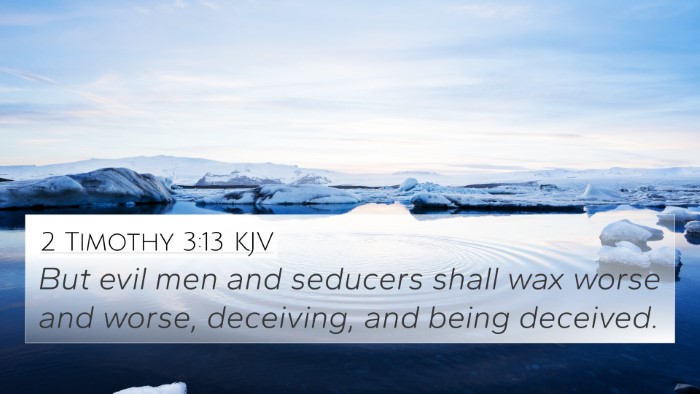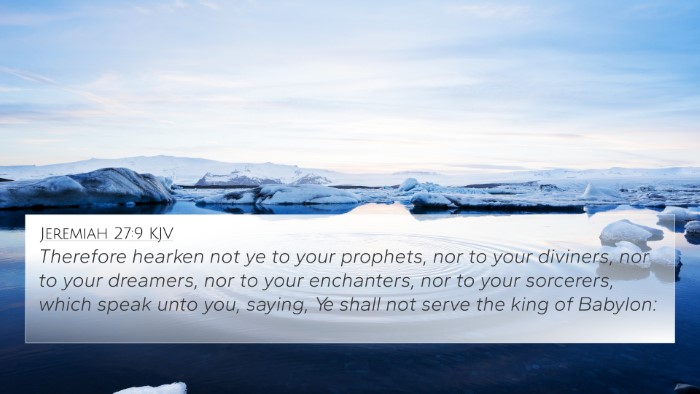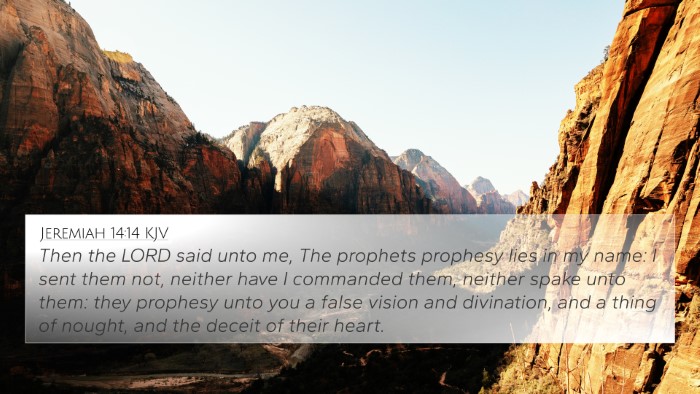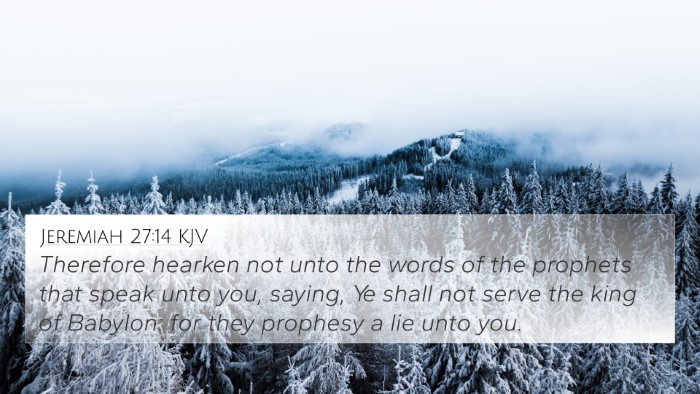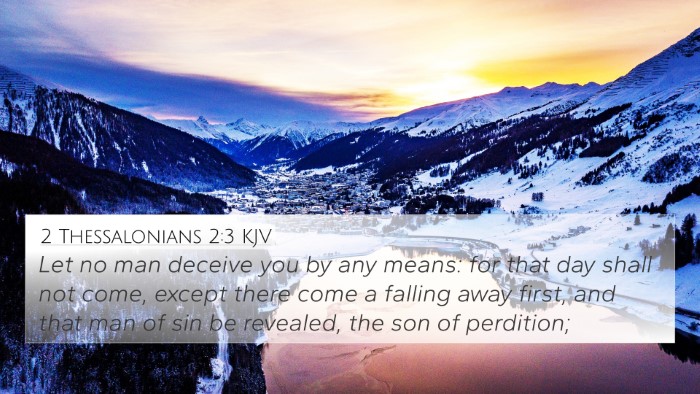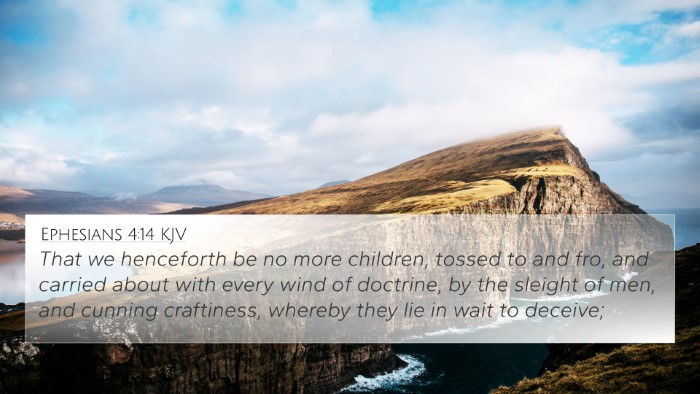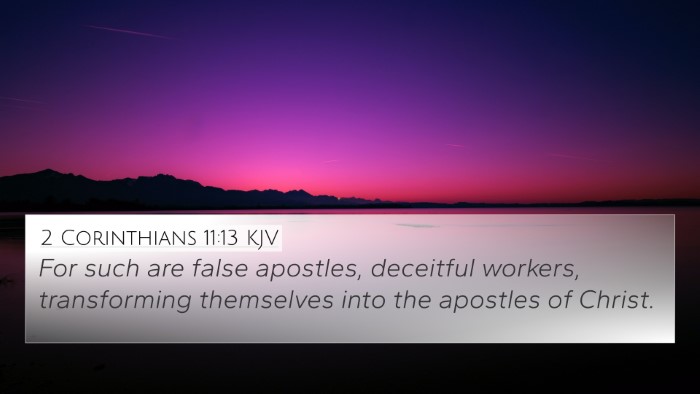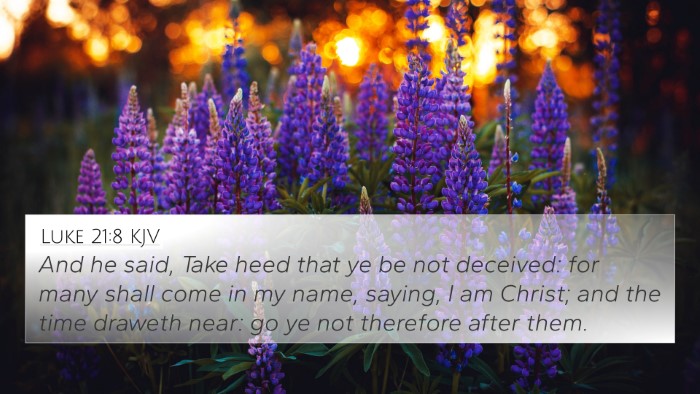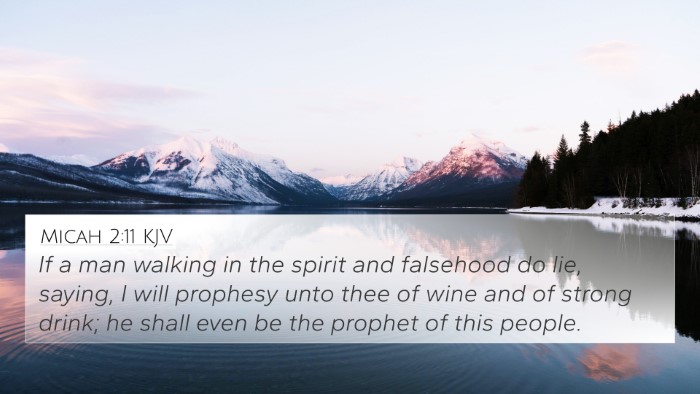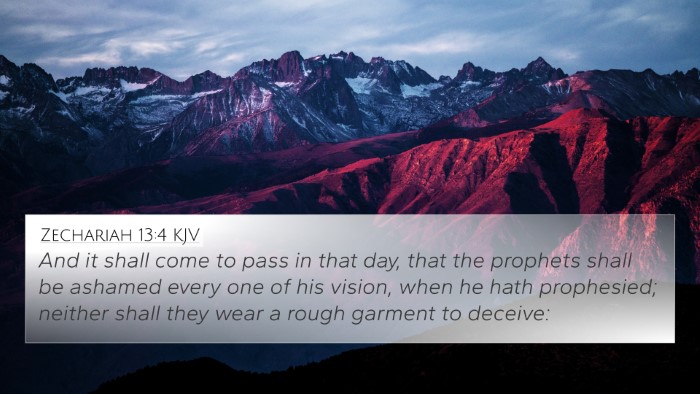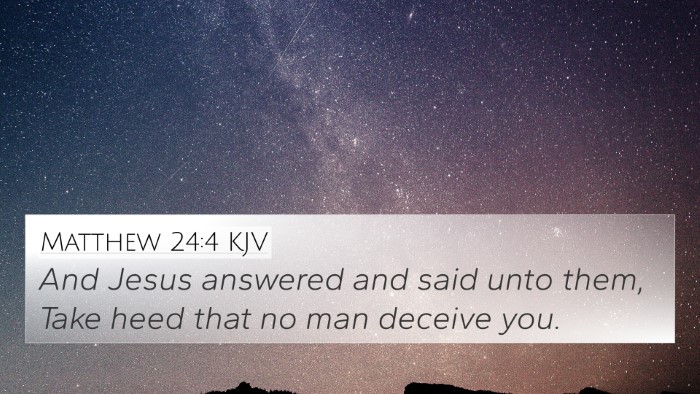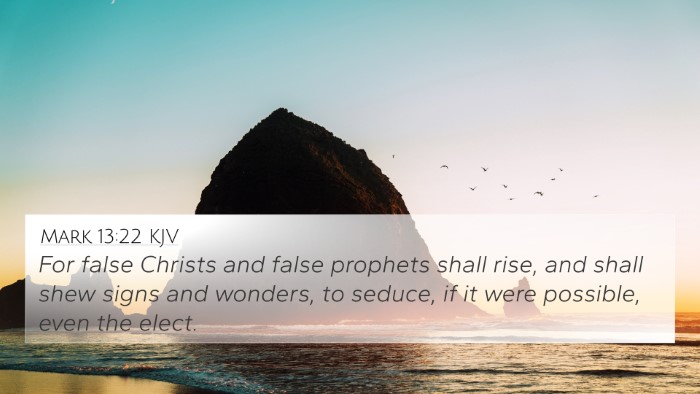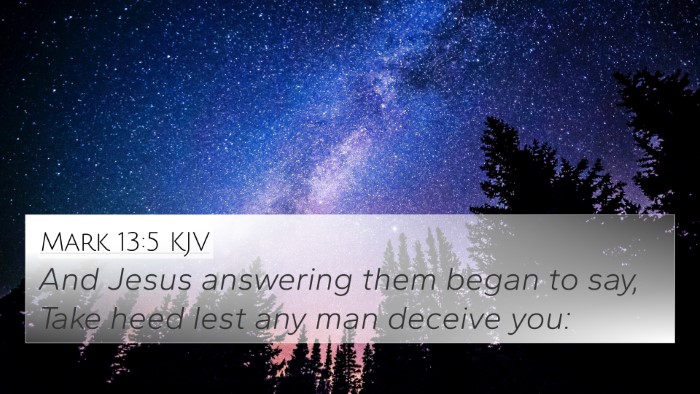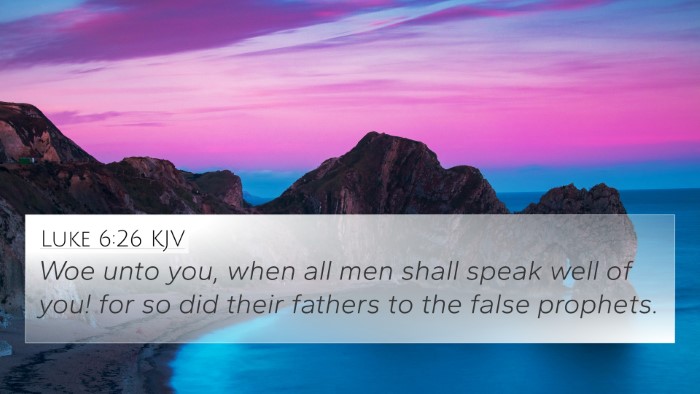Understanding Jeremiah 29:8
Jeremiah 29:8 states:
"For thus saith the LORD of hosts, the God of Israel; Let not your prophets and your diviners, that be in the midst of you, deceive you, neither hearken to your dreams which ye cause to be dreamed."
Meaning and Interpretation
This verse serves as an important warning to the exiled Israelites in Babylon. The context of the passage reveals God’s instruction to his people regarding false prophets who mislead them with messages that contradict God's true intentions. Below is a summary of insights from prominent public domain commentaries.
Insights from Matthew Henry
Matthew Henry emphasizes the Lord's proactive communication with his people. He identifies that God is aware of the presence of false prophets among them, who exploit the vulnerable state of the exiles. Such prophets would use deceptive dreams to gain followers, and Henry encourages an awareness of God’s authentic word over misleading messages.
Insights from Albert Barnes
Albert Barnes elaborates on the implications of the “prophets” and “diviners.” He points out that these individuals claimed to have divine insight, leading the people away from the truth of their situation. Barnes highlights God's intention to restore Israel, and the necessity of discerning truth amidst falsehood. He urges people to focus on God's plans as shared in previous communications, like the promise of their eventual return to Jerusalem.
Insights from Adam Clarke
Adam Clarke notes the cultural backdrop of the Babylonian captivity, where dreams were considered significant omens. He interprets God's message as a call for the exiles to avoid being led astray by dreams that are fabricated or misleading. Clarke underscores the importance of divine revelation over human interpretation, advising the exiles to hold firm to God’s promises despite their exiled circumstances.
Cross-References
Jeremiah 29:8 connects with various other Bible verses, illustrating broader themes of prophecy, guidance, and discernment:
- Jeremiah 23:16: Warning against the false prophets who have been misleading the people.
- Deuteronomy 18:20-22: God’s instruction regarding true versus false prophets, establishing a guideline for discernment.
- Ezekiel 13:3: Another declaration of God against false prophets leading His people astray.
- Matthew 7:15: A New Testament warning by Jesus himself regarding false prophets, likening them to wolves in sheep’s clothing.
- 1 John 4:1: An exhortation to test the spirits to see if they are from God, echoing the need for discernment.
- Acts 20:29-30: Paul’s warning of fierce wolves who will arise among the congregation to lead them away.
- 2 Peter 2:1-3: Describes the rise of false teachers among the believers.
- Isaiah 8:19-20: A perspective on seeking guidance from God rather than consulting mediums or spirits.
- Proverbs 14:15: The simple believes every word, but the prudent considers well his steps, pointing toward the need for discernment.
- John 10:5: Jesus speaks of His sheep not following strangers, indicating the importance of recognizing the true Shepherd.
Conclusion
Jeremiah 29:8 acts as an essential reminder for believers to differentiate between genuine divine counsel and false teachings. The references provided offer a rich framework for cross-referencing and further exploration of these themes in the Scripture.
Keyword Integration
To effectively understand and interpret Jeremiah 29:8, utilizing Bible verse cross-references provides clarity. Understanding the connections between Bible verses enhances our grasp of themes such as prophecy and divine guidance. Implementing cross-referencing Biblical texts can serve as a vital tool for thorough Bible cross-reference study.
In summary, recognizing Thematic Bible verse connections, along with appropriate tools for Bible cross-referencing, is crucial for anyone seeking a deeper understanding of Biblical texts and their meanings. Proper engagement with cross-references can lead to discovery and enlightenment in one’s spiritual journey.


